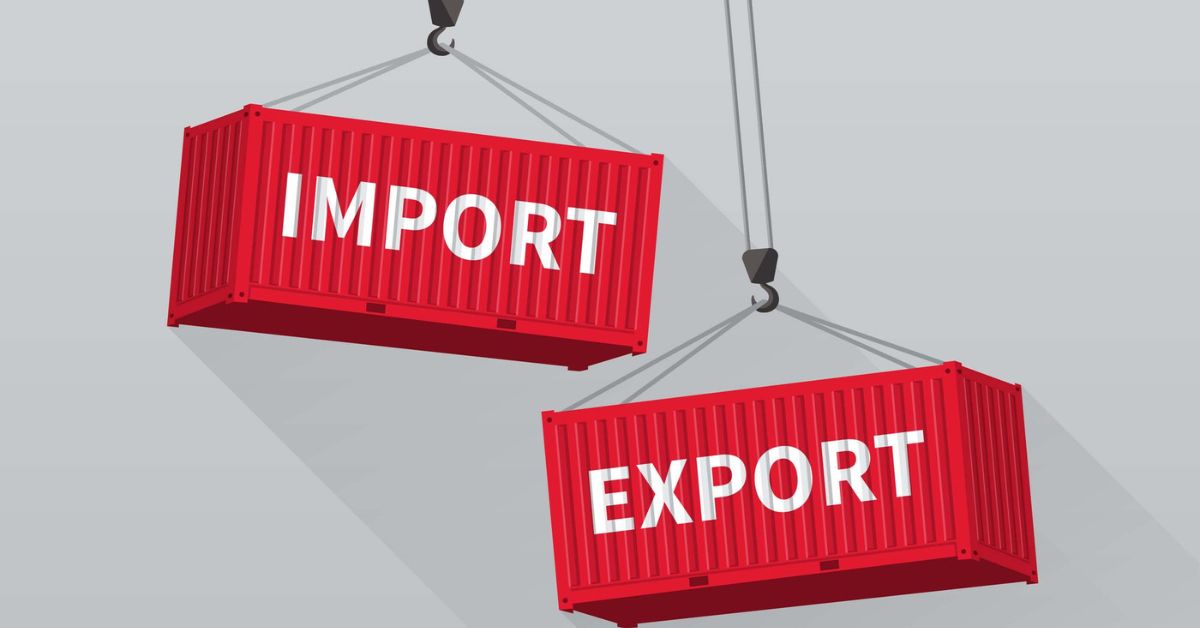“Bangladesh’s average nominal tariffs are currently higher than the average tariffs of low-income, middle-income, and high-income countries, as well as those of most competitors,” said Zaidi Sattar, chairman of the Policy Research Institute of Bangladesh (PRI).
Bangladesh’s nominal tariff is 27.6%, whereas it is 22.4% in Sri Lanka, 18.1% in India, 9.7% in Thailand, 9.6% in Vietnam, 5.6% in Malaysia, and 8% in Indonesia.
“Tariffs are now the principal instrument of protection, serving as an incentive for import-substitute production,” Zaidi Sattar said, emphasising that high tariffs are a critical requirement for sustaining so-called infant industries without regard to their period of establishment or the efficiency implications of long-term protection.
He said almost all consumer goods produced domestically have the benefit of extremely high and differentiated levels of nominal and effective protection.
He said typically, nominal tariffs on outputs (mostly consumer goods) are significantly higher than tariffs on inputs; depending on how much value addition is generated by each firm or sector, effective rates of protection for most import substitutes could range from 100% to 400% or more.







